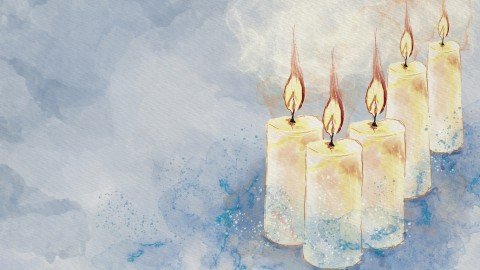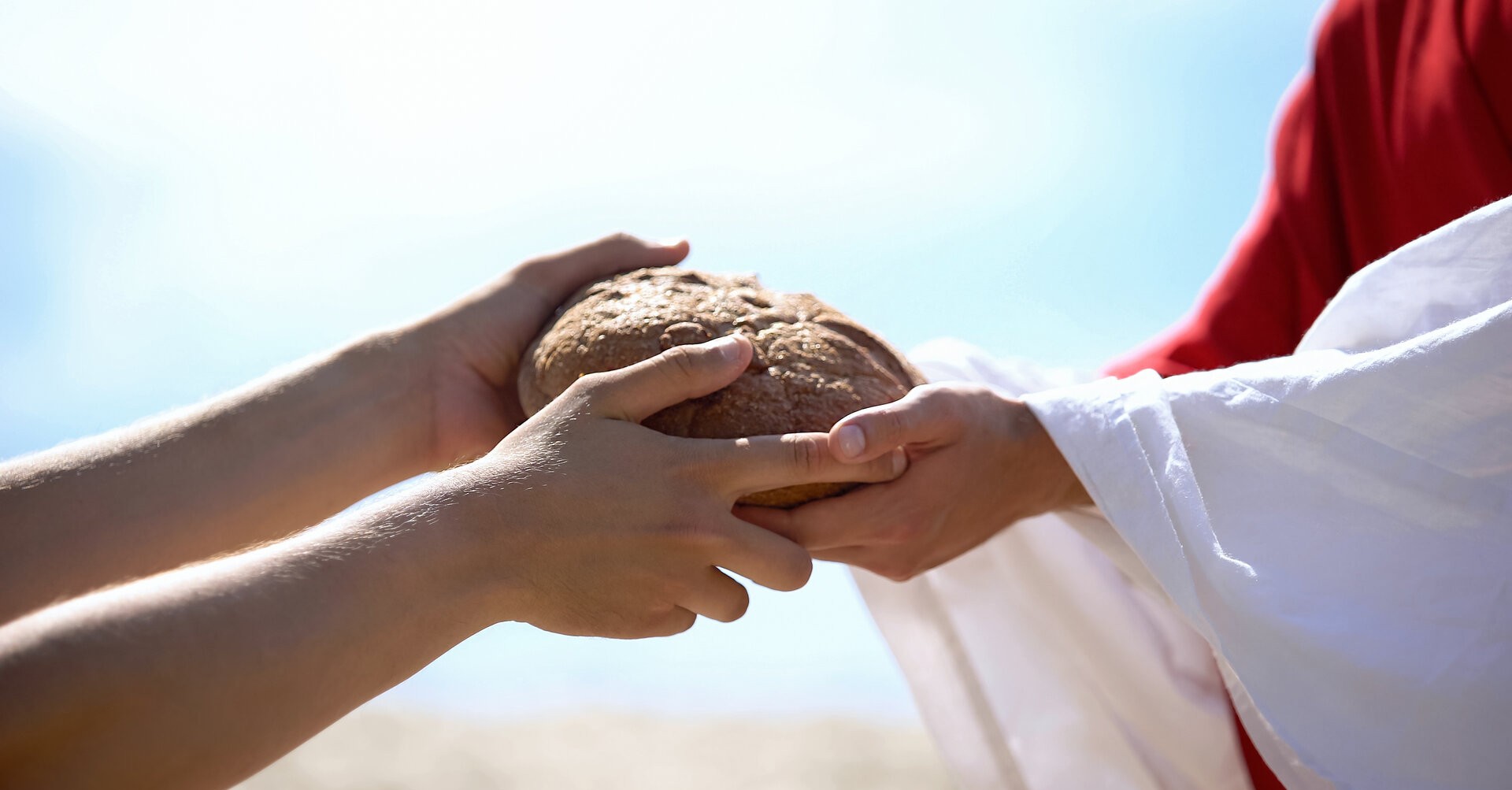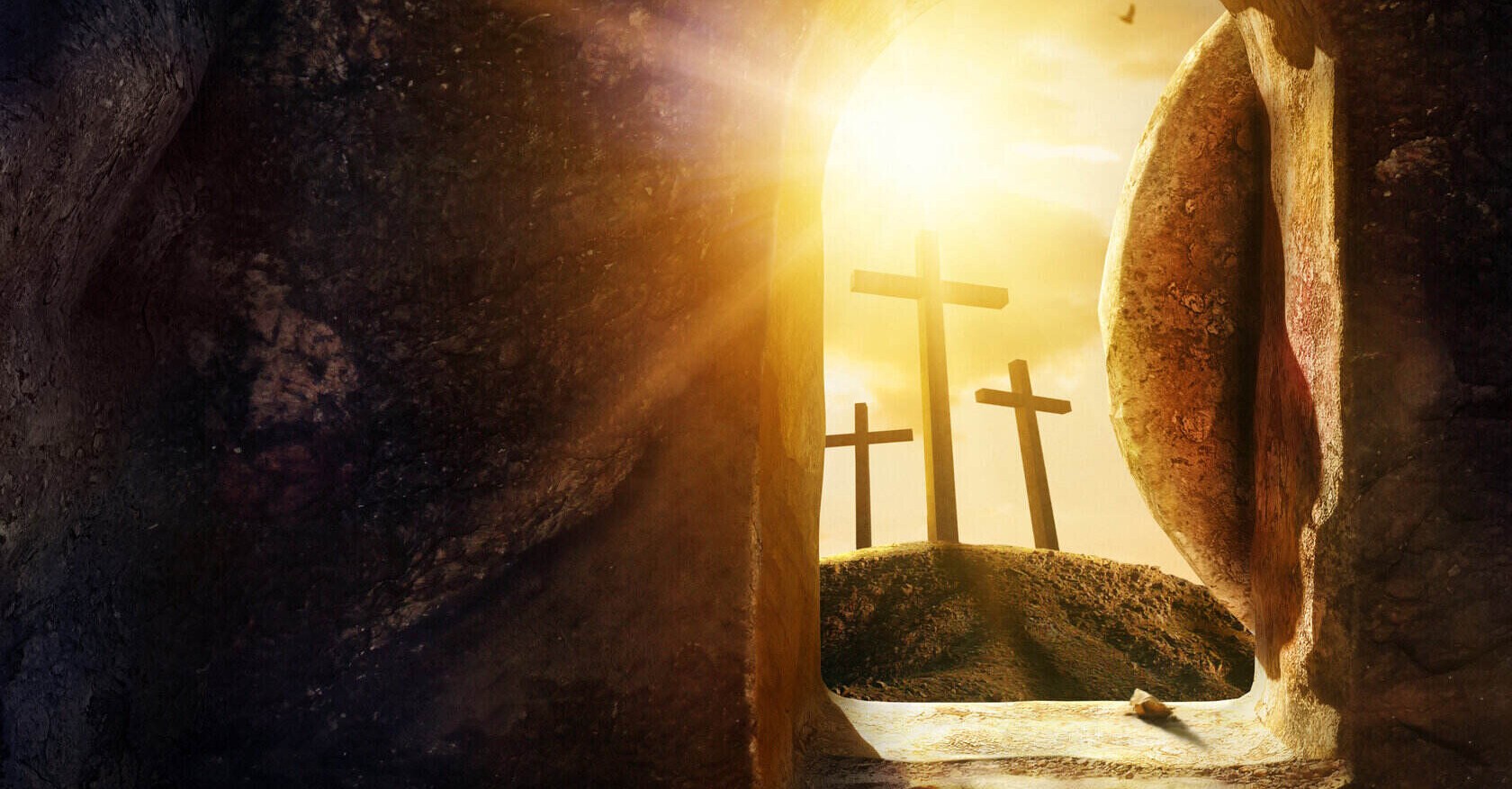5th Sunday after the Epiphany, 7 February 2021
The Old Testament reading is a very timely word: may it speak to us in this time.
Isaiah was one of the greatest Old Testament prophets, from around 740 BC onwards. National and international developments of the time provide the essential background to his message. Israel’s northern kingdom was imploding because of internal struggle and revolutions, and eventually succumbed to the Assyrians. Several decades later, 200,000 Jews from the southern kingdom were made captive and taken into exile to Babylon. If there were wars 3000 years ago, there are wars today, one nation trying to dominate, control or bully others. Instead of catapults, bows and arrows we have weapons of mass destruction; otherwise things haven’t changed much. Ancient wisdom can bring light to the modern world we live in.
If we were among the exiles in Babylon, we’d have a litany of questions, as expressed in the Psalms:
- Why hasn’t the God of Israel come to our rescue? Why did God allow these things to happen?
- Does God really love us? Can He really provide and take care of us as He promised? Can He protect us from our enemies?
- Has God abandoned us? Is God angry at us? If so, how long will He be angry?
The children of Israel were surrounded by pagan kingdoms that didn’t worship the God of Abraham, Isaac and Jacob, but were polytheistic. Isaiah’s contemporaries and those in exile had succumbed to the worship of astrological phenomena, to find hope, help and succour. Isaiah reminds them that God is greater than all pagan gods combined – in case they’d forgotten. There’s no question that it’s easier to praise, serve and love God in good times: challenging times are a test of one’s faith and trust in God. Isaiah’s message is clear. God’s promise hasn’t changed, because God is unchangeable. It’s the realisation of God’s plan for worldwide sovereignty at Zion. There’s no question about it: His plan could not be deterred even in dire and complicated situations.
First, Isaiah draws their attention to God the Creator (Isaiah 40:21-22). These verses are beyond our comprehension. You may have stretched a curtain in your room; can you imagine God stretching the heavens like a curtain? Isaiah is pointing to who God is. He continues by saying that God is greater than kings and princes and their power and authority (verse 23).
Second, Isaiah points to creation again, particularly the stars and celestial bodies above us (verse 26). God is incomparable to other gods; His wisdom, sovereignty and authority are immense. If you put all the gods together, they wouldn’t equal the God who chose you and who loves you. Only Israel’s God is worthy to be worshipped, for He created, controls and preserves creation.
God created the stars. Even the thought of this would have been awe-inspiring to ancient Israel, where about 5,000 stars were visible at night – as it is to us. Astronomers estimate there are more than 400 billion stars in the Milky Way, 125 billion galaxies in the universe, and approximately 1 x 1022 (10 billion trillion) stars in total. That is mind-boggling. God created all of this, the Holy One of Israel; not only that, but God calls all of the stars by name, and not one of them is missing. Such a God, Isaiah says, will never forget even one of His people. If we think God has forgotten them or us, it’s quite impossible.[1]
Thirdly, Isaiah points to God’s power and strength. Have you ever wondered how old God is? Does God use a hearing aid or a walking cane? These are the words of Isaiah: verses 28-31. He never gets tired, and we can’t comprehend His ways. Youths depict strength while older ones depict wisdom; God’s strength surpasses the strength and courage of the youth.
The reward to those who hope
God has established a time for making promises and a time for their fulfilment; this is the reward of those put their trust and hope in God. Isaiah points Israel and those in exile to God’s promise. The key words are, “to those who wait upon the Lord”. When we think of “wait”, we think of a waiter who serves and anticipates the needs of the customers around the table. In Biblical terms, to wait is to look for, hope, and wait expectantly and eagerly. To those who wait upon the promise of God…
The children of Israel in exile felt sorry for themselves, but they had to wait upon the Lord, because God had promised. God knows the perfect time; our responsibility, toil and vocation is to wait, because He who promised will make sure it’s fulfilled in His right and proper time. If you’re one of those who are always waiting for God’s promise to be fulfilled, that attitude and position of waiting for what God has promised becomes the very source of our strength, knowing that God does not disappoint us. Isaiah was telling them, “Don’t lose hope; remember God has promised. As you focus, gaze and meditate upon and are always reminded of God’s promises, this will be the source of your strength: you’ll go through this with flying colours. You won’t be disappointed; you don’t have to turn to other gods.”
God is what has been described by Isaiah, and it’s a great description. Sometimes we forget, and the problems of life become bigger than the God we have in our hearts – it cannot be, and we shouldn’t allow that to happen. Isaiah tells the children of Israel, “God is faithful: keep waiting, keep expecting, don’t lose hope.”
The difference between hope and optimism
Optimism is confidence about the future or the success of something: “there’s always a light at the end of the tunnel”. But hope is more than wishful thinking, optimism, or staying positive. Hope is the Light in the midst of the tunnel, where there’s darkness. This is the difference between optimism and hope, because He who promised will fulfil it. God shines and allows His light to shine where there’s darkness. We can be optimistic, but hope takes us further; the promise of a faithful God is the foundation of Christian hope.
Remember the words of Joseph the dreamer. Jacob had died, and Joseph’s brothers were afraid of what he would do in revenge for what they’d done to him. He told them, “you meant it for evil, but God turned it for good”.[2] Even though the children of Israel are in exile, and something bad is happening to them, if they don’t lose their hope and wait upon God, He can turn it for their benefit. It’s only the God we serve who can do so. That’s what Christian hope is all about. As the psalmist says, “I will lift up my eyes to the hills, where my help comes from. My help comes from the Lord, the Maker of heaven and earth”.[3] God rewards those who wait upon Him. There’s always a reward to Christian hope.
[1] ESV Study Bible
[2] Genesis 20:50
[3] Psalm 121:1-2










